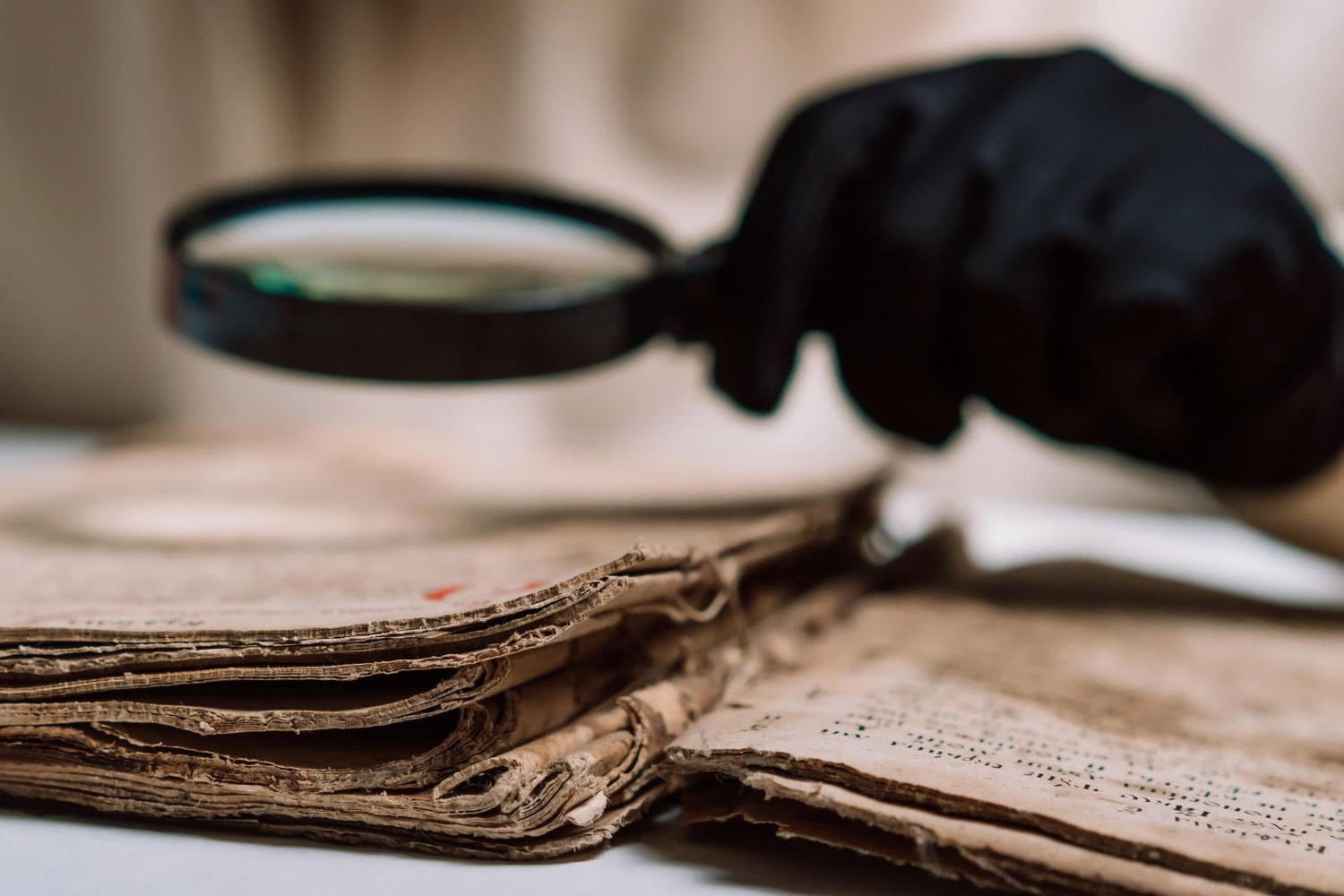
22 interesting facts about historians
- 👁️ 345
Historians are gatekeepers of the past, delving into the annals of history to help us understand our present and shape our future. They study and interpret the events, people, cultures, and narratives that have defined human societies over the ages. Through their meticulous research and insightful analyses, historians weave together the tapestry of human experience, illuminating the complex patterns that underpin the course of civilisations. These scholars not only chronicle the past but also challenge us to re-examine our perspectives and assumptions.
- The word ‘historian’ comes from the ancient Greek word ‘historia,’ which means ‘inquiry’ or ‘knowledge acquired by investigation.’
- Herodotus, a Greek historian born in the 5th century BC, is often regarded as the ‘father of history.’ He was the first historian known to collect his materials systematically and then critically arrange them into a historiographic narrative.
- Many historians specialise in a specific time period, geographic region, or subject, such as military history, cultural history, or economic history.
- Historians use primary sources, like documents, artefacts, and oral accounts from the time period they are studying, to gather evidence and information.
- They also use secondary sources, which are interpretations or analyses based on primary sources or other secondary sources.
- Some of history’s most famous historians, like Tacitus and Thucydides, were also accomplished politicians or military leaders, offering them unique perspectives on the events they recorded.
- Historians employ a variety of methodologies and theoretical frameworks in their research, including quantitative methods, qualitative analysis, and comparative studies.
- Historiography, the study of historical writing and methods, is a critical part of a historian’s work. It involves understanding the perspectives and biases that have shaped past histories.
- ‘Microhistory’ is a genre of history writing that focuses on small, often overlooked subjects, including the lives of ordinary individuals and minor events, to shed light on broader social trends.
- Historians often face the challenge of ‘historical revisionism,’ the re-interpretation of historical records often influenced by new evidence or shifting perspectives, which can lead to significant changes in how events or figures are understood.
- Leopold von Ranke, a 19th-century German historian, played a crucial role in establishing historical methods, particularly the emphasis on primary sources and an objective, ‘scientific’ approach to history.
- Some historians, known as ‘public historians,’ work in settings such as museums, archives, policy institutes, and historic sites, aiming to make history accessible to a broader public audience.
- The Annales School, a style of historiography developed by French historians in the 20th century, emphasises long-term social history over political or military history.
- Oral history, a method of historical documentation, uses interviews with people who have personal knowledge of past events to preserve first-hand accounts.
- Archaeologists can also be considered historians, as they study the past through the excavation and analysis of material culture.
- Many historians engage in interdisciplinary research, combining history with fields like anthropology, sociology, economics, and geography to gain a more comprehensive understanding of the past.
- ‘Big History’ is a modern historical discipline that examines history on a large scale across long time frames, through a multi-disciplinary approach.
- Women were largely excluded from the field of history until the late 19th and early 20th centuries. Pioneering women historians like Mary Ritter Beard and Eileen Power played key roles in carving out space for women in the field.
- The work of historians extends beyond academia, influencing areas such as policy-making, law, and popular culture.
- Some historians, like British historian Arnold J. Toynbee, have attempted to develop universal theories of history to explain the rise and fall of civilisations.
- The subfield of environmental history examines the interactions between humans and the natural world through time, and has gained prominence in recent years due to increasing environmental concerns.
- The digital revolution has transformed the field of history, with digital history and computational history allowing historians to use technology to analyse vast amounts of data and explore new ways of public engagement.
Historians play a crucial role in shaping our understanding of the world, connecting the past with the present, and offering valuable insights for the future. They are not just chroniclers of events, but interpreters of human experiences, exploring the forces that have shaped societies and cultures. As we continue to grapple with complex global challenges, the work of historians in providing context, wisdom, and critical thinking becomes ever more relevant. Their narratives continue to evolve, reflecting changing perspectives and enriching our collective knowledge.
Historians are gatekeepers of the past, delving into the annals of history to help us understand our present and shape our future. They study and interpret the events, people, cultures, and narratives that have defined human societies over the ages. Through their meticulous research and insightful analyses, historians weave together…